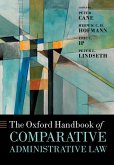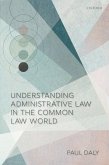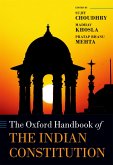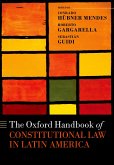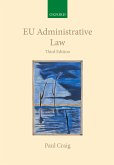The Oxford Handbook of Administrative Justice examines the wide range of scholarship exploring the administrative decisions made by public authorities that affect individual citizens and the mechanisms available for the provision of redress. The
Handbook identifies and provides a survey of key transnational themes in administrative justice research, considers theoretical and methodological approaches to administrative justice, and provides a view of the future of administrative justice research. One aspect of administrative justice, namely the study of law and administration, is a core component of law school syllabuses and scholarly research around the world. For many public lawyers, this area of study has been focused heavily on legalistic redress systems (e.g. judicial review). Justice against administrations, however, is delivered through a much broader range of mechanisms than legalistic processes alone: fair initial decision-making procedures, internal review systems, ombuds, administrative tribunals/adjudication, and other institutions play a vital role. Despite their importance to modern governance across the globe (and to the lives of individual citizens), these broader aspects of administrative justice have been left relatively neglected and under-researched, and the
Handbook represents a groundbreaking achievement in establishing administrative justice research as a vital and discrete area of study.
The Oxford Handbook of Administrative Justice will be an essential resource for legal scholars and social scientists wishing to understand the complexity of this important field.
Dieser Download kann aus rechtlichen Gründen nur mit Rechnungsadresse in A, B, BG, CY, CZ, D, DK, EW, E, FIN, F, GR, HR, H, IRL, I, LT, L, LR, M, NL, PL, P, R, S, SLO, SK ausgeliefert werden.



